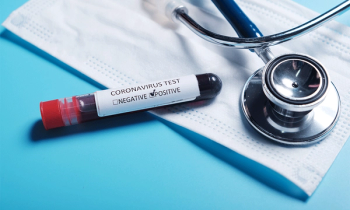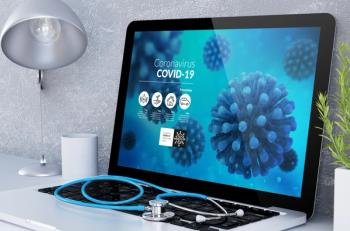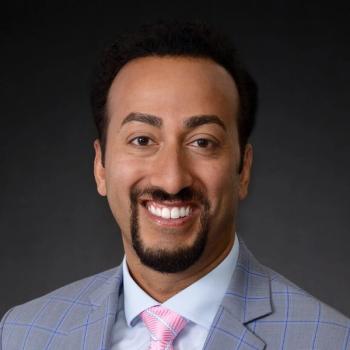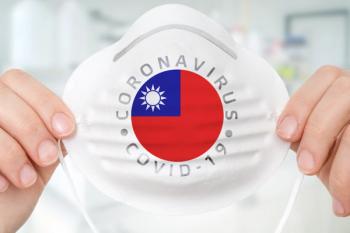
The coronavirus pandemic has been a seismic disturbance however in a post-COVID-19 environment transformational healthcare trends will be back with a vengeance.

The coronavirus pandemic has been a seismic disturbance however in a post-COVID-19 environment transformational healthcare trends will be back with a vengeance.

The drug, plus chemotherapy, shows a significant survival benefit.

Hospitals could receive $75 billion in funding to combat coronavirus.

By almost any measure, these are good times for Medicare Advantage. Enrollment is growing, the number of insurers in the market is increasing, and gross margins are higher than in other health insurance markets.

With the use of virtual and telemedmedicine services increasing, health plans must continually use the data available through digital channels to listen to and learn from members, adjust content to answer their questions, and respond to their needs, to build both a lasting member relationship and enhance future digital capabilities.

How are healthcare systems addressing the shift from inpatient to observation?

Healthcare and business professionals share insight on the reasons you should or shouldn’t take a leap into a new career step.

How to appeal to people of any age.

President Donald Trump issued broad guidelines for a re-opening of the US economy this week, outlining the COVID-19 regulations that should be in place while leaving final decisions to the nation’s governors.

As losses loom, hospitals, other providers map out criteria for resuming elective surgeries.

Your success depends on more than your vision and long-range planning. What you do in the short term - indeed, each day - can make you a more effective leader and colleague, help the bottom line, and tilt probabilities toward your success.

The "gray literature" had come to the same conclusion about carved-in PBMs, but senior author said these findings are more credible because they have been published in a peer-reviewed journal.

What about applying virtual reality tech to improve how we deliver person-centered care to all, including a focus on seniors? This is one area ripe for innovation.

The use of telemedicine has increased rapidly; leading to increased satisfaction and positive operations in healthcare. However, it's implementation also carries some concerins. Here's how to steer clear of them.

Clinicians at UMass Memorial Health Care recommend strategies to better motivate team members, transform care delivery and save lives.

Tech Together launches new online support tools for those battling opioid addiction and substance use disorder.


Healthcare executives and consultants told us which strategic trends to look out for - before COVID-19.


Insurers have waived cost sharing for COVID-19 but that would not apply to Medicare beneficiaries who haven't purchased Medigap policies.

What clearinghouses and RCM staff need to know going remote.

Olumiant trial joins other RA drug trials, including hydroxychloroquine.

As president and CEO of Cancer Treatment Centers of America, Pat A. Basu, MD, MBA, looks to transform, improve, and influence cancer care on a large scale.

An NIH trial on the controversial anti-malaria medication is underway.

Taiwan has had only 6 COVID-19-related deaths. The country used community pharmacists to subdue the outbreak.


Americans have been diagnosed with diabetes, mostly with the type 2 variety linked with being overweight or obese.

How healthcare executives can manage employees who are working from home.

The telehealth industry and its observers have been surprised by how quickly the healthcare system has pivoted to telehealth and providing care remotely.